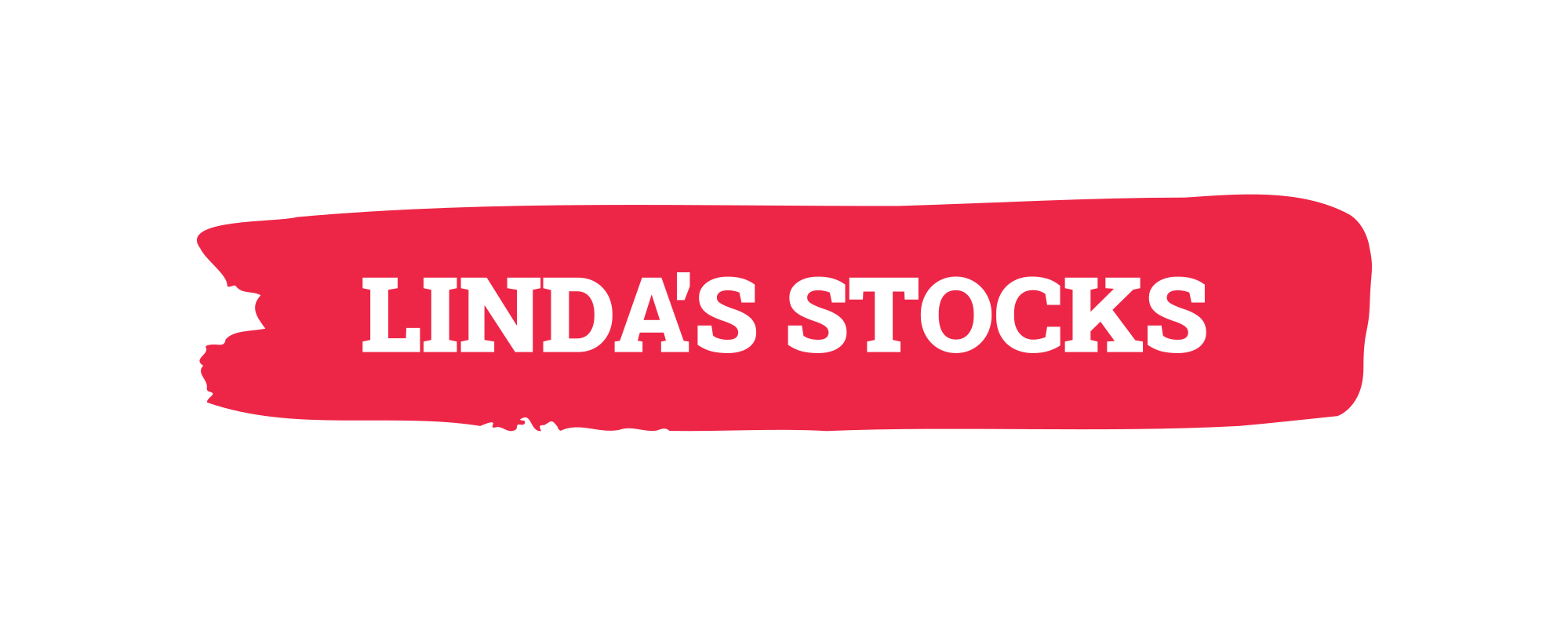A Basic Introduction To Stock Options
This article is for potential stock investors who want to gain a basic and
fundamental understanding about trading in stock options. Stock options trading can offer some advantages over purchasing stocks and holding on to them for the long term.
Purchasing stock options is a bold strategy that has the potential of providing large gains over relatively short periods of time – the opposite investment strategy of buying underlying securities and holding on to them for years.
What is a Stock Option?
A stock option is a contract which gives the buyer (the owner or holder of the
option) the right to buy or sell an underlying asset or instrument at a specified strike price on a specified date, depending on the form of the option. The strike price may be set by reference to the market price of the underlying security or commodity on the day the option is taken out, or it may be fixed at a discount or at a premium. The seller has the corresponding obligation to fulfill the transaction – to sell or buy — if the buyer (owner)”exercises’ the option.
An option that conveys to the owner the right to buy at a specific price is referred to as a “Call”; an option that conveys the right of the owner to sell at a specific price is referred to as a “Put.” Both types of options are commonly traded.
A call option would normally be exercised only when the strike price is below the market value of the underlying asset, while a put option would normally be exercised only when the strike price is above the market value. When an option is exercised, the cost to the buyer of the asset acquired is the strike price plus the premium, if any. When the option expiration date passes without the option being exercised, then the option expires and the buyer would forfeit the premium to the seller. In any case, the premium is income to the seller, and normally a capital loss to the buyer.
Exchange-traded options (also called “listed options”) are a class of exchange traded derivatives. Exchange traded options have standardized contracts, and are settled through a clearing house with fulfillment guaranteed by the Options Clearing Corporation (OCC). Since the contracts are standardized, accurate pricing models are often available. Exchange-traded options include: (1) stock options; (2) stock market
index options; and (3) options on futures contracts.
Do Research to Increase your Chances for Success
Whether you invest your money in buying stocks outright, or buying stock
options, it is important that you spend time in doing research on the stock(s) that your’re interested in. This homework will increase your chances that you’ll make more informed choices, and thus more profitable trades.
For example, when performing your homework, you should check: (1) the stock’s price earnings ratio (P/E); (2) the company’s balance sheet; (3) asset’s and liabilities; (4)net yearly income; (5) cash on hand; (6) debt; (7) the yearly high and low of the stock; (8)the past performance of the stock over the past five years; (9) the quarterly earning reports over the past year; (10) the company’s projected earnings for the fiscal year and long term; (11) the forward guidance given by the CEO for future earning prospects; (12) the experience, performance, and strategies of the current CEO; (13) the company’s competitors and their strength in the sector; (14) any new products or services planned;(15) the strength of the company in its particular sector; (16) any possible merger talks;(17) the daily volume of shares traded on down and up days; (18) whether the company has any civil or criminal litigation pending against it; (19) analyst’s ratings and price targets; (20) the number of shares held by insiders in the company; (21) the number of shares recently bought or sold by insiders; (22) the number of shares held in large institutional funds and mutual funds; (23) growth prospects of the company; (24) the current price of the company’s stock at the time you are considering buying put or call options on the stock.
If you’re too busy to spend the time and effort to engage in such in depth research, don’t despair. There are investment services available that routinely do this type of research, which is available to you on the Internet, or through your brokerage firm.
But, if you’re going to invest in options trading as a big player, it would be wise to do a lot of your own research regardless of how you do it. This approach will help you to gain confidence, knowledge and experience in options trading. As a general rule, the more knowledge and experience that you acquire, the more successful you will be in options trading.
Moreover, is you buy put or call options on a stock and it turns out that you made a bad choice, you are limited to how much you can lose. You can only lose the premium that you paid for the options, and no mor, regardless of how much the stock moves against you.
In conclusion, although stock options have advantages, keep in mind though that buying options is riskier than owning stocks. However, there are times when options can be used to limit risk. Stock options also require less of a financial commitment. Moreover, options can be a dependable form of hedge, and this can also makes them safer than equities.







